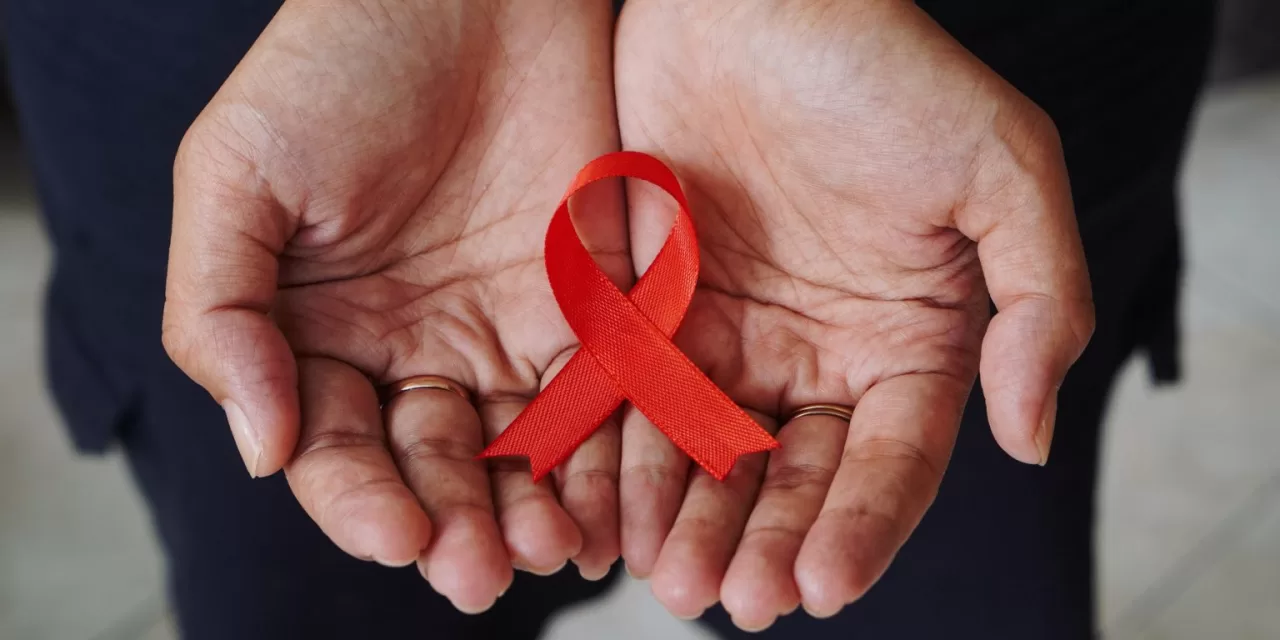Despite decades of public awareness campaigns and advocacy, stigma surrounding HIV remains a persistent issue. New research from Northwestern University sheds light on a potential reason why: an ingrained association between HIV status and moral judgment.
The study, led by Shahin Davoudpour and published in Public Health Ethics, suggests that many people continue to stigmatize individuals living with HIV due to a belief that their condition is tied to immoral behavior. This finding adds a critical new dimension to the broader discussion on HIV stigma and its implications for public health.
Morality and Stigma: A Complex Relationship
“We talked about this idea that the stigma will be persistent when there is an ethical component to it,” Davoudpour explained. “It makes sense theoretically; when people think something is your fault, they’re more likely to continue to blame you for it and think they need to distance themselves from you.”
Historically, stigma toward people with HIV has been linked to past legal exclusions, criminalization, and the overlap between LGBTQ+ populations and HIV-positive individuals. However, this new study provides data-driven evidence that moral perceptions significantly influence public attitudes.
The Study’s Findings
Using data from the 2021 and 2022 General Social Survey (GSS)—a biannual survey that assesses public demographics and attitudes—researchers examined how moral beliefs affect comfort levels with HIV-positive individuals.
The study found that respondents who “strongly agree” that people with HIV engage in immoral activities were more than 13 times more likely to reject proximity to them compared to those who “strongly disagree.” Even when accounting for beliefs about same-sex relationships and discrimination awareness, the connection between morality and stigma persisted.
The Implications for Public Health Campaigns
One key takeaway from this research is the need for a shift in how public health campaigns approach destigmatization. Davoudpour and his team urge policymakers and advocates to incorporate these findings into messaging strategies.
“Specifically, we encourage scientists and policymakers to consider the role of moral perceptions when redesigning their messaging campaigns, emphasizing the dissociation of HIV from morality,” the researchers write in the study.
Additionally, Davoudpour hopes to conduct further research using more refined behavioral ethics measures to expand on his team’s discoveries and refine strategies for reducing stigma.
Looking Ahead
As the fight against HIV stigma continues, understanding the deeply ingrained biases that contribute to discrimination is crucial. This study highlights the importance of targeting moral perceptions in advocacy efforts, with the ultimate goal of fostering a more inclusive and supportive society for people living with HIV.
Disclaimer: This article is based on the findings of the study by Shahin Davoudpour et al., published in Public Health Ethics. The conclusions drawn are those of the researchers and do not necessarily reflect the views of all public health experts or institutions. Further research is needed to expand upon these findings and explore additional factors influencing HIV-related stigma.











